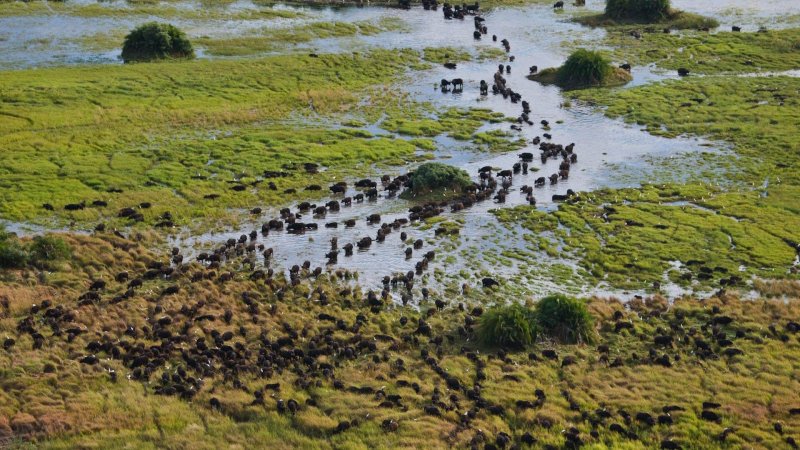From driving species to extinction to selectively breeding pets and farm animals to new technologies like genetic engineering and cloning, it’s impossible to ignore the impact that humans are having on life on the planet today. Arney chats with science writer Dr Helen Pilcher about the themes in her book, Life Changing: How humans are altering life on earth, looking at the ways in which humans have shaped animal species, through selective breeding, genetic engineering, and changing habitats and the climate. From Pilcher’s own genetically modified wolf (also known as the family dog…) to golden gnus and swifter swallows, we hear about some of the many ways in which we have changed the animals around us.
Dr Alex Ball, manager of the Royal Zoological Society of Scotland’s WildGenes program discusses the ways in which genetics can be used in conservation in order to understand how species are changing and figure out the best ways to help them. His team has been involved in projects as stopping wildlife trafficking and poaching, mitigating conflict between animals and humans, monitoring species in the wild and maintaining diverse breeding populations in captivity.
Finally, Arney meets Dr Bill Ritchie, the embryologist who carried out the cloning procedure that created Dolly The Sheep – the first mammal cloned from an adult cell – at the Roslin Institute in Edinburgh in the 1990s. Ritchie owes his career in research to a surprising event: the installation of a TV transmitter near his Scottish home, which enabled him to watch science programmes on BBC2 and inspired him to take up a degree at the Open University.
Full show notes, transcript, music credits and references online at GeneticsUnzipped.com.
Genetics Unzipped is the podcast from the UK Genetics Society, presented by award-winning science communicator and biologist Kat Arney and produced by First Create the Media. Follow Kat on Twitter @Kat_Arney. Follow Genetics Unzipped on Twitter @geneticsunzip, and the Genetics Society at @GenSocUK































